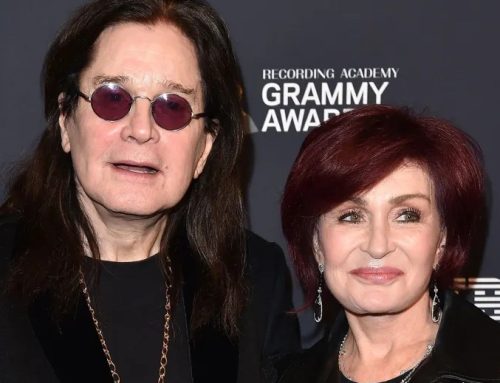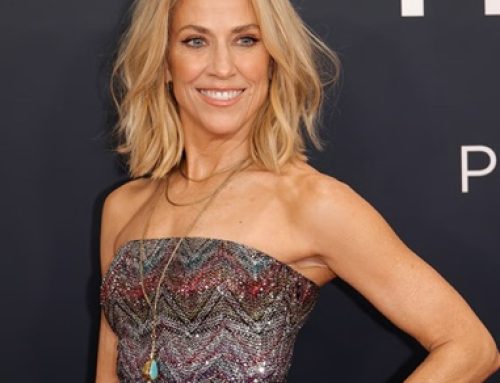They say living well is the greatest revenge, but that doesn’t rule out the occasional jab. Morgan Wallen’s single “I Got Better” captures that balance perfectly. The main character regains his identity, reconnects with old friends, and links his transformation to the end of a relationship: “I got better since you got gone.” But the track’s message runs deeper than it first appears.
“The girl could be anything to me,” Wallen says. “It wasn’t necessarily a relationship with another human. It could have been a relationship with anything in your life that was holding you back, and the only thing that you did was eliminate that, and everything became clearer in your life.”
The song originated during a morning writing session held at Wallen’s farmhouse late last year.
Writers at the table included Blake Pendergrass, HARDY, ERNEST, Charlie Handsome, and Chase McGill, while Wallen handled the cooking.
“He’s a big cast-iron skillet guy,” Pendergrass says. “Especially out in the country, it just gives it that great flavor.”
Alongside the meal, the team began discussing religion, specifically debating how widespread the flood was in the story of Noah’s ark.
“ERNEST was going off of that conversation,” Pendergrass remembers. “He just sang that melody, like, ‘The world got bigger since the Bible got wrote.’ ”
That melody led them to reshape the lyrics into “I got better since you got gone.” Around that time, Handsome pulled up a musical idea he’d started with Joe Reeves, featuring electric guitar arpeggios. The track stood out due to its structure — major sevenths and minor chords, with no major triads.
“That’s not the music I would play at all,” McGill notes. “But Charlie does that perfectly wrong in all the right ways.”
The song’s character was turning negatives into positives. Wallen wanted that message to stay clear and simple.
“We went through all kinds of different ways to write it, and in my mind, the song needed to be a certain way, and everyone else kind of had a different idea about it,” he says. “I was adamant that I wanted it to be where the guy literally didn’t change anything in his life other than the girl was gone.”
They opened the song with common scenes: hunting, sports, Friday nights out. The title line appears twice in that verse. HARDY created a slightly elevated chorus melody, allowing the character to affirm his renewed sense of self: “I’m finally back to being who I am.”
“That’s kind of the idea of life, right?” McGill says. “I mean, everybody just kind of wants to be who they are and accepted and loved for it.”
The next verse turns to how the ex isolated him from people close to him. When writing the bridge, they pushed the song’s emotional edge further, underlining how her absence allowed for healing.
“‘I ain’t saying you’re the weight on my back, but it’s not there anymore’ — it’s kind of just a funny way of saying everything without saying it,” Pendergrass explains. “I think it’s just a great summary. That was the goal, at least.”
Handsome shaped the demo using the same guitar arpeggios and minimal percussion. That bare-bones structure carried through to the final recording, tracked in early 2025 at Blackbird Studios in Nashville.
“It was classic Charlie,” says producer Joey Moi. “He writes just one fucking lethal part. We were like, ‘Oh, my god. OK, now we know where the song is going to go.’ ”
Dave Cohen layered in subtle keyboard parts to support the track’s unusual chord progression. Tom Bukovac crafted an intro riff that softened the song’s edge.
“It probably is a Duesenberg or some guitar of that ilk,” Moi says. “It’s got the tone knob rolled right back so it sounds like it’s kind of muffled and round, and it’s doubled and harmonized. That’s it.”
Bukovac also added a descending five-note phrase that repeats at the end of each eight-bar section. When they tried playing it more often, it felt excessive, so they kept it restrained.
“Anytime there’s a demo, if it doesn’t have something happening on the eighth bar, you always try and add something to it to make it unique or [provide] some kind of dismount into the next section,” Moi says. “He always knows that eventually I’m probably going to ask for something there.”
Wallen’s vocal delivery included faint trembles on longer notes, revealing hints of deeper emotion behind the story’s surface.
“There is something beautiful about music in that you don’t always have to go to exact feelings or scenarios,” Wallen says. “A good song has a way of bringing out those feelings in you that may not be at the forefront. There is anger, there is sadness, there is disdain, there’s a lot of things in that song that make you just feel. Of course, I have some of those experiences in my life that I could [draw from], but something about a good song just harkens that within you and it makes it easier to bring out.”
Listeners responded strongly when Wallen included the song on his I’m the Problem album.
“It was obvious in the consumption that it was reacting really well,” Moi says. “The audience was finding it and repeating it over and over.”
The track was released to country radio on June 16 by Mercury/Republic/Big Loud. In its fourth week on the charts dated July 26, it stands at No. 25 on Billboard’s Country Airplay and No. 5 on Hot Country Songs. “It is one of my most personal songs on the entire record,” Wallen says, “and it’s a song that a lot of fans are relating to.”





















